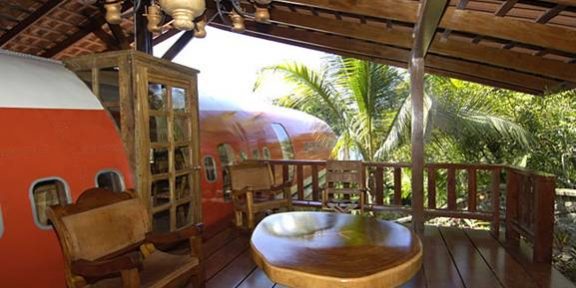Expanding your available space to include outdoor living areas can add value to your home while increasing your quality of life, but decking and balconies are not without their risks. Improperly built or degrading decking, and structures built from sub-par materials, can all pose a significant falling risk, which will cause damage to your property but may also endanger the lives and well-being of your family and visitors. The key to learning how to prevent decking disasters is understanding what factors can contribute to structural damage, and how they can be rectified or prevented.
Who is Affected By Decking Disasters?
While it’s certainly of crucial importance for homeowners who are considering the expansion of their property to make a point of avoiding future problems with their new decking or balconies, this isn’t the only group who is affected by decking disasters. Prospective buyers considering the purchase of a home with existing decking, as well as those who currently own a home which already includes decking, are advised to learn more about what can contribute to dangerous and damaging deck collapses.
Factors Which Can Contribute to Decking Disasters
Results of an investigation reported by ABC News indicates that an estimated total of 12,000 decks across the country present a current danger. Deaths in Australia directly related to decking and balcony collapses are not altogether uncommon, and often involve children. One of the reasons why these decking disasters are so common can be attributed to the lack of nationwide mandatory inspection standards, but there are also a host of issues which cause these dangers to present themselves in the first place.
Timber decking is a popular choice in many areas of the country, but it is susceptible to degradation as a result of termite activity, water damage and general depreciation of timber quality. While these pests can affect any timber materials in or around your home and cause significant damage, weakening the integrity of timber decking can lead to a catastrophe. Water damage is another common culprit, either as a result of insufficient drainage which contributes to wet rot of supporting timbers or surface boards.
Steel or concrete balconies are not exempt from damage simply because they’re not constructed of materials which are subject to termite activity. These surfaces are still subjected to the elements every day, and the materials from which they’re built do degrade over time. Without the appropriate monitoring and maintenance, the degradation process accelerates.
Protecting Yourself and Your Family
Homeowners with existing decking, those who are adding new balconies or decks to their existing property and also those considering the purchase of a property which includes decking are urged to protect themselves and their families from decking disasters by having the work thoroughly inspected by a neutral third party. A building inspector with the right level of qualification and experience can evaluate existing structures, as well as new construction projects, ensuring they’re safe, stable and structurally sound. Discovering any existing faults and addressing them promptly is the most reliable way of protecting homeowners, their family members and guests from severe injury or even the risk of death due to a decking collapse.
Houspect Building Inspections– Buy, Build, Invest and Sell with Confidence







